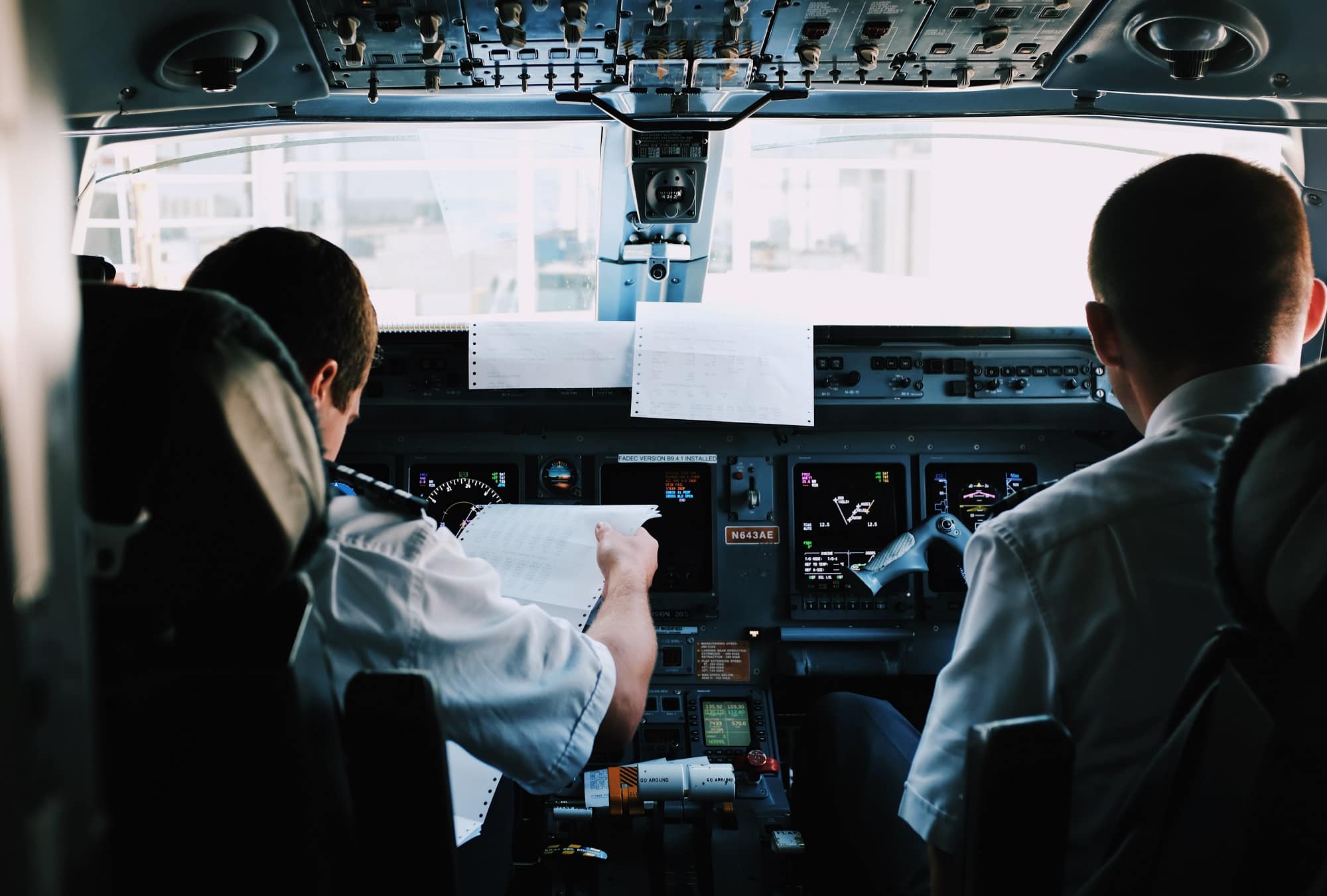If you ask a child what they’d like their career to be when they grow up they’ll still answer “pilot”. The field is filled with excitement, precision, and freedom. Once the dream becomes reality, there’s a question that every prospective pilot asks the following: What does a pilot actually earn and is it worth the money?

Image credit: flightschoolusa.com
It’s more than just a question of a number. Understanding the current salary of airline pilots means navigating through a mix of starting wages as well as growth trajectory, benefit structures and real-world trade-offs that determine the financial aspects of aviation.
Starting small: Why many pilots are based in the regional world
Many pilots don’t have the ability to enter the Boeing 787 cockpit immediately. Their careers begin with regional airlines, flying smaller aircraft with shorter routes. The compensation for these entry-level positions is based on the fact that they’re learning ground for future captains.
A regional airline pilot salary typically starts around $45,000 to $70,000, depending on the airline and whether the pilot comes with flight experience or is fresh out of school. Regional experience may appear low compared to the cost of flight school, but it is the key to greater opportunities. To address the shortage of pilots, a number of regional carriers have increased their compensation.
Commercial Pilot Salary It’s Not What You Think!
Things get interesting. Commercial pilots don’t have to be operating with major airlines. You are licensed to fly for money. It could be for cargo, charters sightseeing, firefighting, dusting of crops, or corporate jets. Each of these options offers a compensation package that is significantly different.
A charter pilot could earn $60,000 while corporate captains of the Gulfstream G650 is able to earn more than $200,000 every year. Commercial pilots’ salaries can vary due to the different jobs and the associated risks. Contrary to the established seniority systems of airlines, commercial sector often base pay on negotiation or the type of aircraft and client contracts.
As the numbers increase, they will get larger.
The pay of pilots in USA becomes more attractive as you progress through the ranks. A first officer at an important U.S. airline might earn $90,000 to $150,000, while senior captains flying international wide-body routes could earn $300,000 to $400,000, often more, with overtime and bonuses.
But the numbers don’t reflect the whole picture. Seniority is often accompanied by high workloads, fatigue from long hauls, and trade-offs in lifestyle. The path to a rewarding career is not always glamorous.
What your paycheck doesn’t show
Benefits are a key component of any conversation about pilot salaries in the airline industry. A lot of pilots believe in these benefits above the dollar amount. Benefits can be a key aspect in enhancing the quality of your life. From pension plans and complete medical coverage, to benefits for family members to travel.
A lot of airlines offer sign-on bonuses (often between $15,000 to $75,000) for experienced pilots. This is especially relevant to pilots with military experience or special ratings. These bonuses indicate a pressing demand for experienced pilots, given the ageing of pilots and the increasing demand for travel across the U.S.
Is it worth it?
The route to becoming a pilot in the U.S. isn’t just demanding it’s costly. The cost of flight school ranges from $70,000 to $150,000. Pilots rarely be paid six-figure salaries until several years into their careers. The long-term advantages are evident.
The job of a pilot is often stable, with a well-planned course of work and a schedule that is desired by many other professions. The views from the cockpit and the pleasure of flying in a plane are more important than the salary.
Final Thoughts
A pilot’s salary in the USA isn’t all about numbers, it’s about journey, growth and lifestyle. For those who dream of flying and are willing to put in the time to pay for it, as well as the money and effort to reach the skies, the career offers not just a paycheck, but a purpose. Whether you’re looking at regional positions such as commercial charters or long-haul international flights, each step brings not just more income but also a larger orizont.

